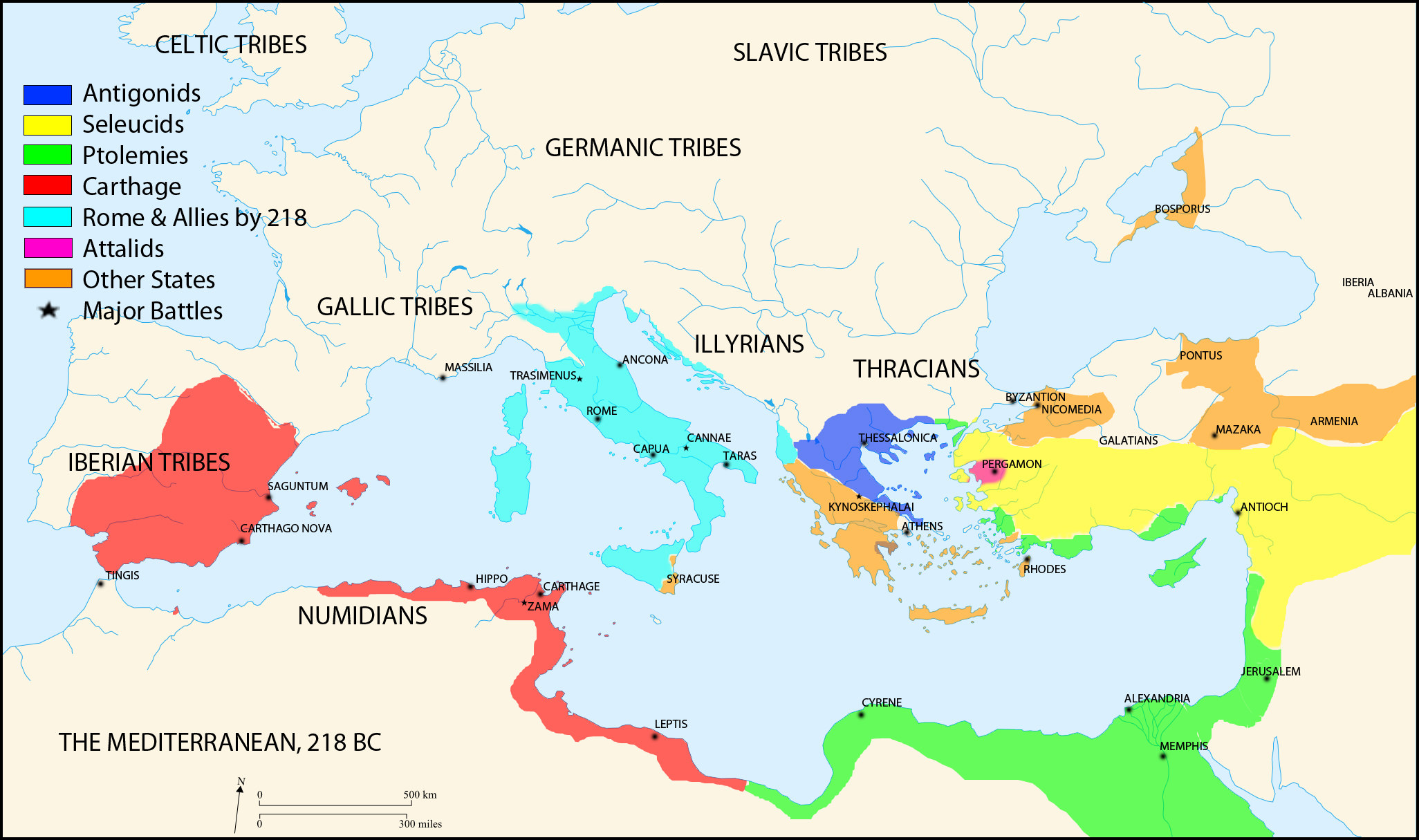You are a young nobleman coming of age at the very start of the decline of the Ptolemaic Kingdom. Ministers whisper evils into the ears of the Pharaoh, and opportunity exists among the growing disorder. Will you soar as an Eagle of Alexandria, or will the city and its dangers swallow you up?
-
Going forward, links to content from Twitter (now X) will no longer be embedded. Pre-existing links should not be affected.





